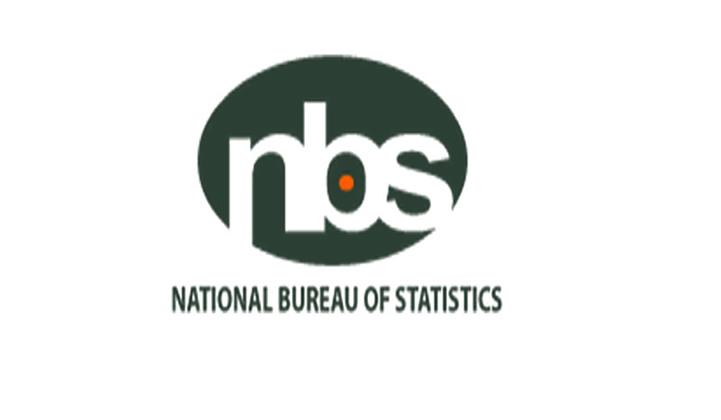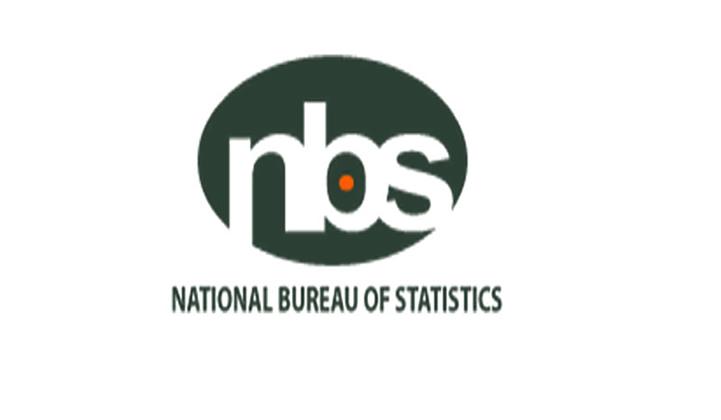
Nigeria’s trade with other African nations rose by ₦610 billion in the first half of 2025, reaching a total value of ₦4.82 trillion, according to new data from the National Bureau of Statistics (NBS). This marks a notable increase from ₦4.21 trillion recorded during the same period in 2024.
While the uptick underscores growing regional trade under the African Continental Free Trade Area (AfCFTA), it also highlights the impact of Nigeria’s depreciating currency and shrinking access to key Western markets.
Quarterly Breakdown Reveals Surging Q2 Exports
Trade volume dipped slightly in Q1 2025, falling to ₦1.86 trillion from ₦2.24 trillion in Q1 2024. However, a dramatic rebound in Q2 saw total trade soar to ₦2.97 trillion, up from ₦1.98 trillion in the same quarter last year, a nearly ₦1 trillion leap that drove the half-year growth.
Exports led the charge, rising to ₦4.82 trillion from ₦4.21 trillion year-on-year, with Q2 exports alone hitting ₦2.97 trillion, a significant jump from ₦1.97 trillion in Q2 2024.
Imports also grew, albeit more modestly, reaching ₦1.82 trillion in H1 2025 compared to ₦1.13 trillion in the same period last year. Nigeria remained a net exporter, though its trade surplus narrowed slightly to ₦2.99 trillion, down from ₦3.08 trillion in 2024.
Weaker Naira Inflates Trade Value in Naira Terms
While naira-based figures suggest solid growth, the picture in dollar terms tells a more sobering story. Total trade with Africa amounted to just $3.13 billion in H1 2025 only marginally up from $2.89 billion in 2024 and well below the $4.51 billion achieved in 2019 before the COVID-19 pandemic.
- Exports in USD: $1.95bn (2025) vs $1.76bn (2024)
- Imports in USD: $1.19bn (2025) vs $1.13bn (2024)
The discrepancy between naira and dollar values underscores the impact of currency depreciation. In 2019, ₦1.38 trillion in trade equated to $4.51bn at an exchange rate of ₦306.73/$. By contrast, in 2025, ₦4.82 trillion was worth only $3.13bn at an average rate of ₦1,538.50/$ an 80% depreciation over six years.
U.S. Trade Relationship Shows Signs of Strain
While intra-African trade strengthens, Nigeria’s economic relationship with the United States is faltering. U.S. imports of Nigerian goods plunged by 41% between June and July 2025, falling from $639 million to $379 million, according to data from the U.S. Census Bureau and Bureau of Economic Analysis.
Exports from the U.S. to Nigeria also declined, dropping to $584 million in July from $919 million in June. Although the U.S. still held a $206 million surplus in July, the sharp fall in Nigerian exports is raising concerns about Nigeria’s shrinking presence in a historically vital market.
Tariff Hikes and AGOA Expiry Cast Shadow on U.S.-Nigeria Trade
The decline in bilateral trade follows tariff increases ordered by former President Donald Trump, who raised duties on Nigerian exports from 14% to 15% in July under his “reciprocal trade” policy targeting surplus countries.
Though crude oil, Nigeria’s largest export to the U.S. has sometimes been exempted, non-oil sectors like textiles, agriculture, and manufactured goods are bearing the brunt of the tariff hike.
At the same time, Nigeria faces the potential expiration of the African Growth and Opportunity Act (AGOA), which allowed many African products duty-free access to U.S. markets. The uncertainty is particularly troubling for sectors already squeezed by local inflation and global supply chain disruptions.
Nigeria Shifts Focus to African Markets Amid U.S. Pressure
With American trade ties on shaky ground, Nigerian policymakers are leaning more heavily on intra-African trade as a strategic pivot.
“Nigeria remains responsive; we’re not reacting. We’re focused on the eight-point agenda of President Bola Tinubu,” said Jumoke Oduwole, Minister of Industry, Trade and Investment. “We will continue to support domestic investors and expand market access for Nigerian businesses.”
Oduwole reaffirmed Nigeria’s commitment to its AfCFTA strategy, which aims to increase trade and cooperation within the continent and reduce reliance on Western markets.



